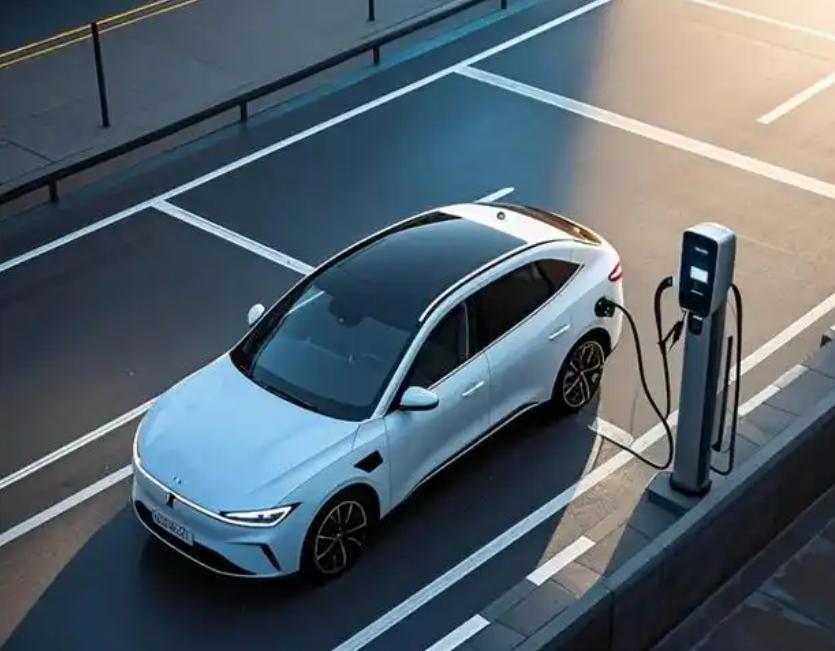
Original equipment manufacturers typically communicate about the maximum charging speed of their electric vehicles. With the rapid development of the electric vehicle market, various automakers have introduced electric vehicles with fast charging capabilities, however, the conditions for each vehicle to reach these values vary greatly, depending on battery technology, cooling systems and battery management systems, which can lead to significant differences in charging times. In addition, this information is not widely available, and the way it is measured is not uniform. The United Nations Economic Commission for Europe (UNECE) has decided to develop globally harmonized procedures to measure the fast-charging capacity of electric vehicles and determine how to communicate this information to owners, consumers and the public. At the same time, ECE will also develop a uniform method for measuring the fastest charging power curve of electric vehicles using direct current, ensuring consistency of measurement conditions and guaranteeing robustness and repeatability of tests. At the same time, the organization will also develop a dedicated consumer information package to help consumers easily assess the charging speed of electric vehicles.
At present, the United Nations Economic Commission for Europe has launched the development of a global unified electric vehicle fast charge standard, and united a number of working groups to work together. At the same time, the United Nations Economic Commission for Europe's move will also have an important impact on business, economic and other aspects. First, the impact on consumers, a unified fast charging standard will make different brands of electric vehicles have higher compatibility and efficiency when charging, consumers in the use of fast charging services will be more convenient, further enhance the user experience. Through the development of a globally unified fast charging capability test program, consumers can more accurately understand the charging speed of electric vehicles, thereby increasing trust in electric vehicles and purchase intentions. The unified fast charging standard will make key information such as charging speed more transparent, and consumers can have a more comprehensive understanding of product performance when choosing an electric vehicle.
The second is the impact on car dealers and charging infrastructure, a unified fast charging standard will prompt car manufacturers to conduct more in-depth technology research and development in battery technology, cooling systems and battery management systems to improve the charging speed and efficiency of products. Under the unified fast charging standard, various brands of electric vehicles are more comparable in terms of charging speed, which will stimulate market competition and promote car manufacturers to continuously improve product quality and technical level. With the standardization and popularization of fast charging technology, automakers can produce electric vehicles more efficiently, thus reducing production costs. In addition, the unified fast charging standard will make the construction of charging stations more standardized and efficient, charging station operators can design and build according to the unified standard, reduce construction and operating costs, and improve the efficiency and quality of charging services. Help to promote the improvement of charging infrastructure. Under the unified fast charging standard, charging equipment manufacturers can focus more on product development and production, and improve product compatibility and performance. This will promote the collaborative development of charging equipment manufacturers and form a more complete charging equipment industry chain. Charging stations can provide charging services for electric vehicles more efficiently and shorten charging time. With the standardization and popularization of fast charging technology, new business models such as charging services and data analysis services based on standardization may emerge.
The third is the impact on the oil and energy industry, with the rapid development of the electric vehicle market and the popularity of fast charging technology, the dependence on fossil fuels will be further reduced. This will drive the oil and energy industry to transform and adjust to new market demands. The unification of fast charge standards will accelerate the popularization of electric vehicles and the process of energy transformation, and promote the development of the global energy structure to a cleaner and sustainable direction.
In summary, the United Nations Economic Commission for Europe's push for a global uniform standard for fast charging electric vehicles will have a profound impact on the business sector. This will help promote the rapid development of the electric vehicle industry and the process of energy transition.

Junior doctors in the UK officially launched a five-day strike on Wednesday (December 17th).
Junior doctors in the UK officially launched a five-day str…
The Thai Pride Party is considering nomasting three candida…
With the continuous intensification of international sancti…
With $15.82 billion in sales and a 108% year-over-year incr…
According to the South Korean media Dealsite, the recent te…
The current geopolitical conflicts around the world are oft…